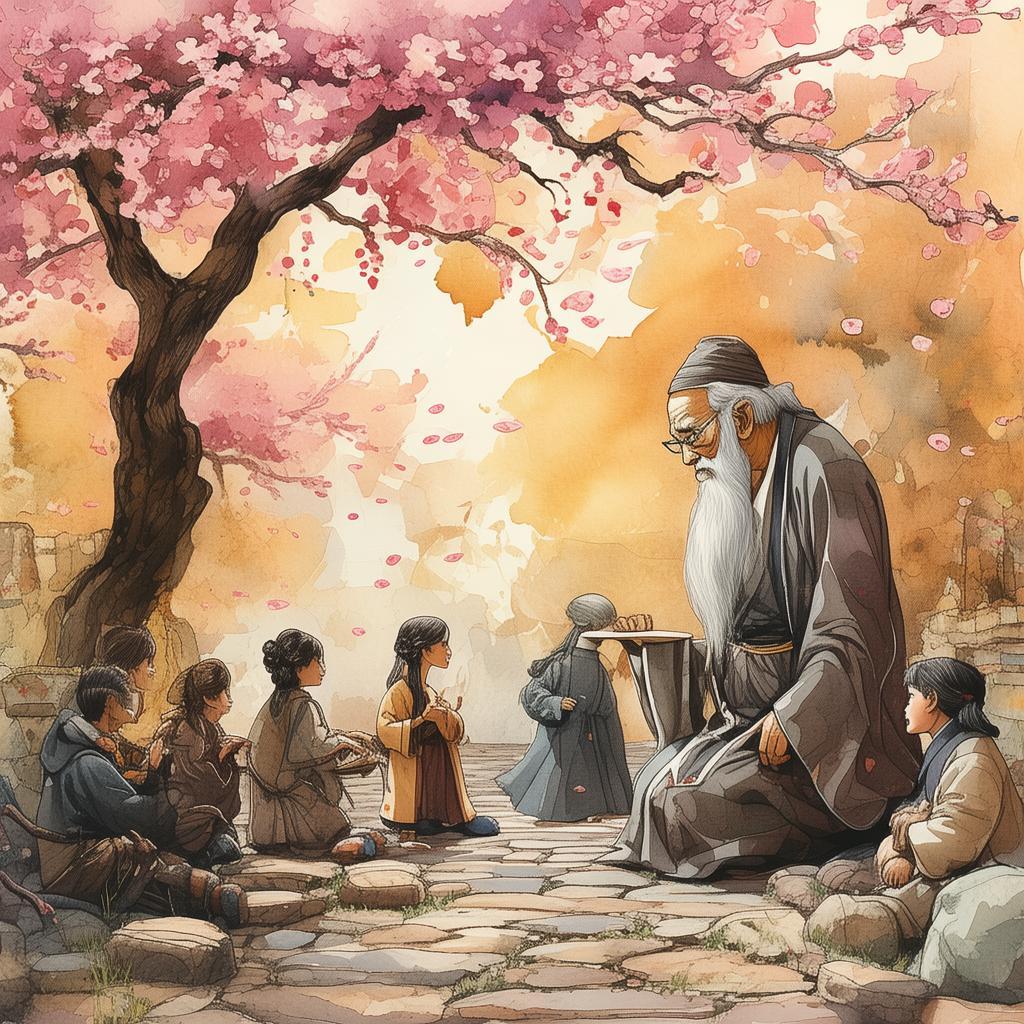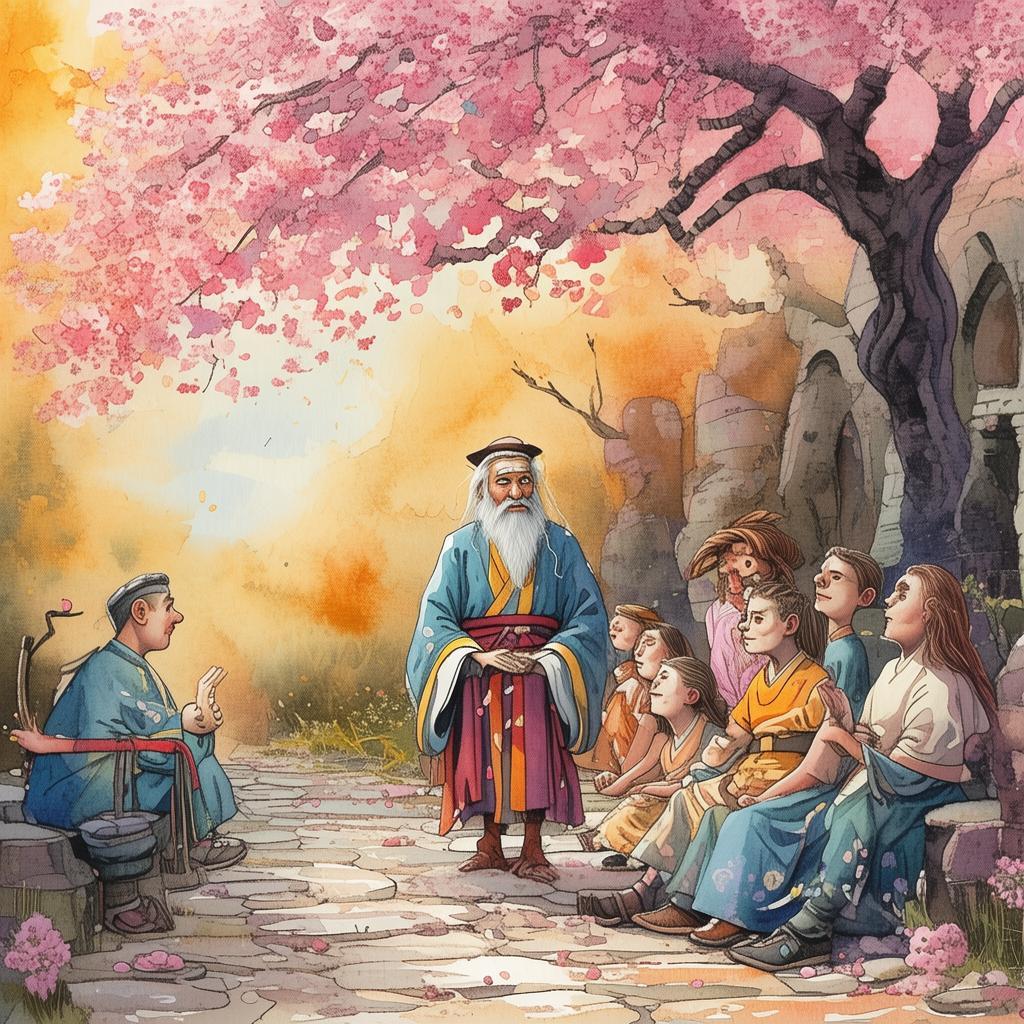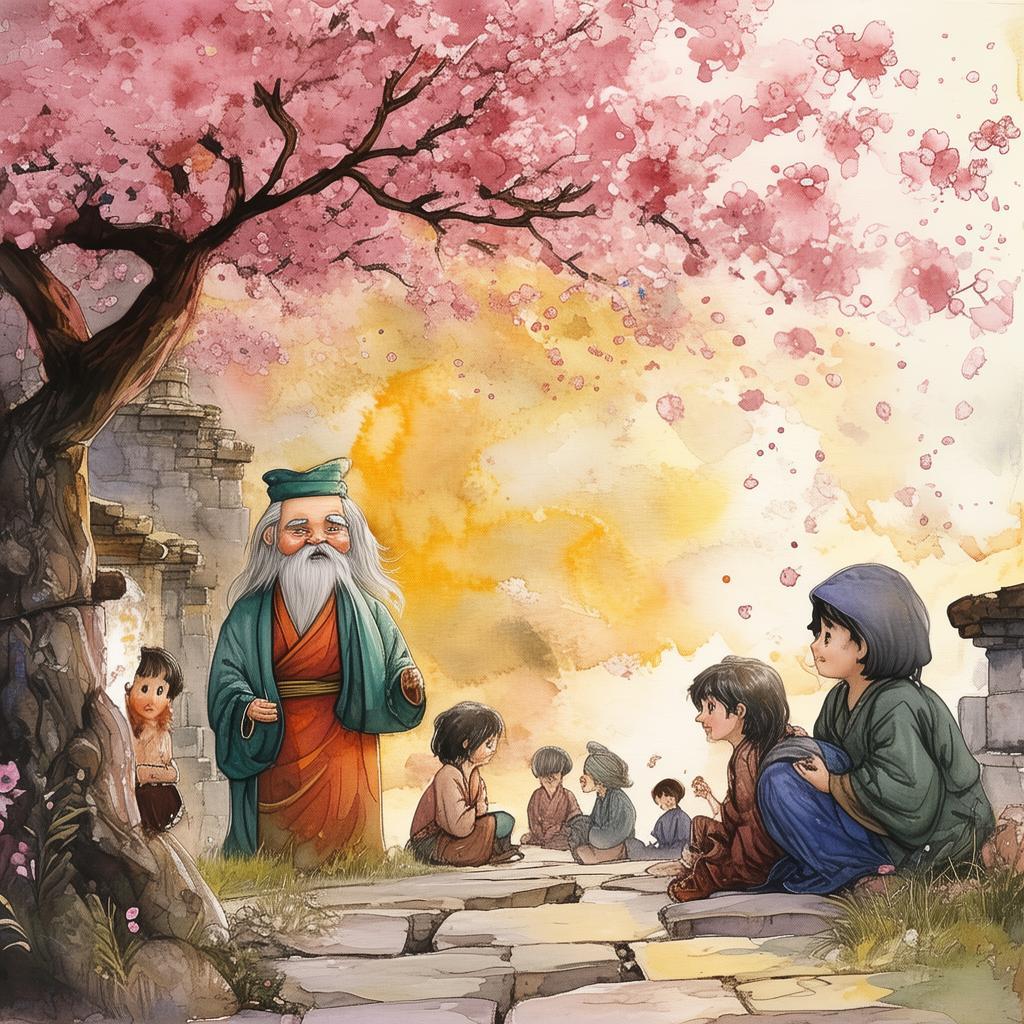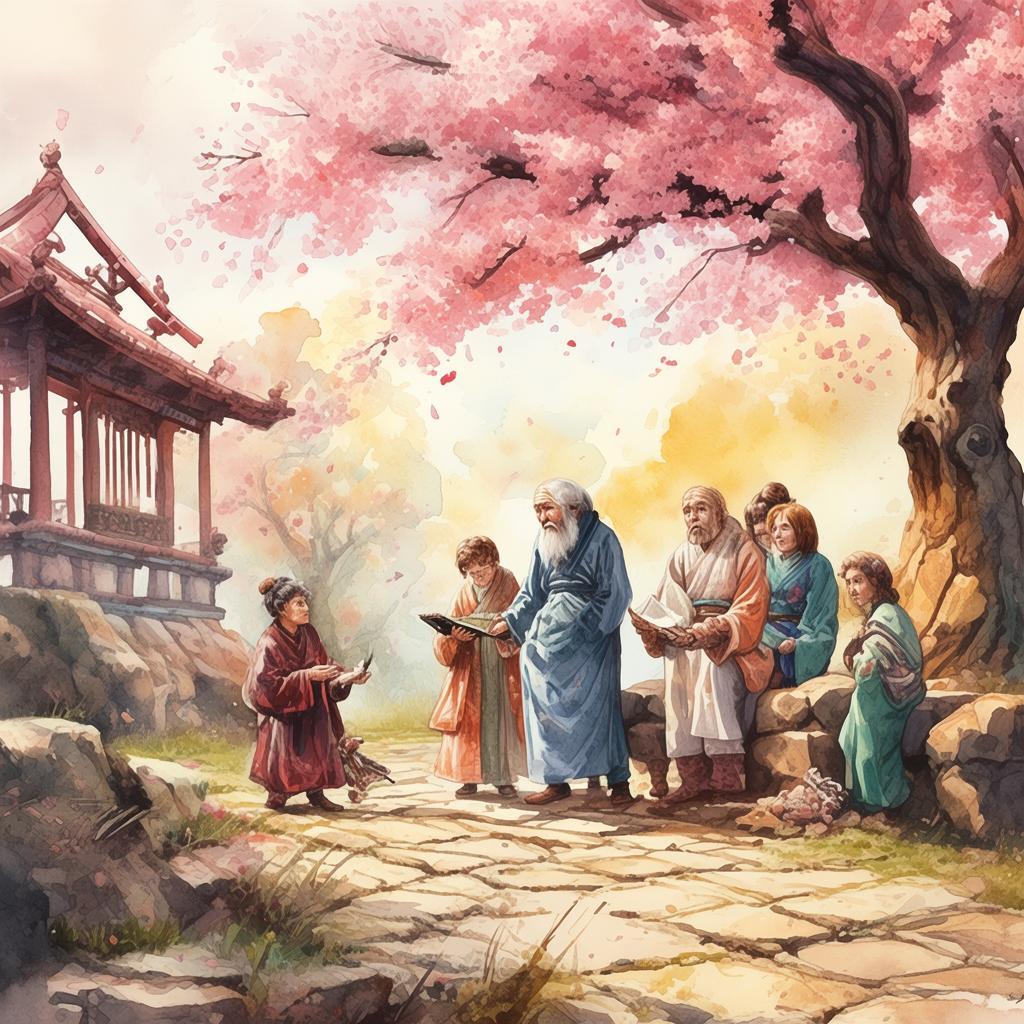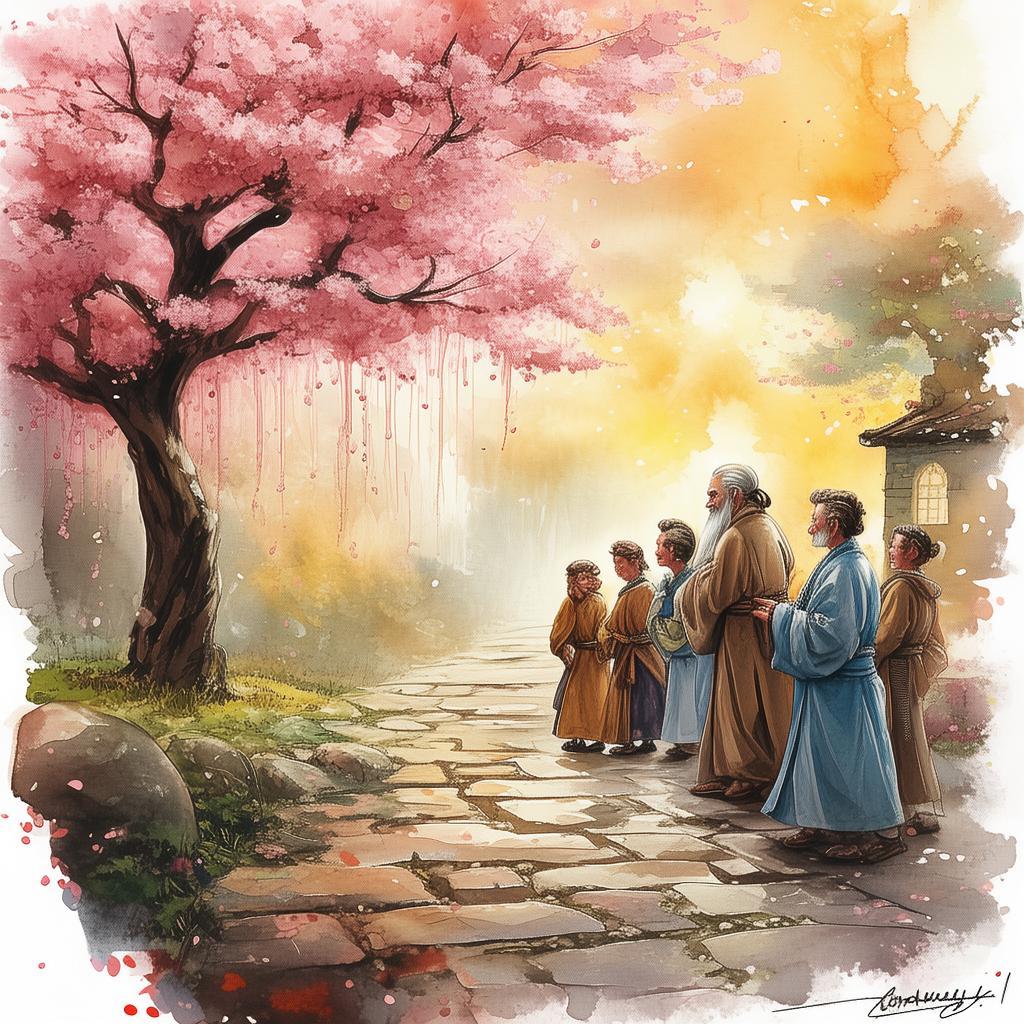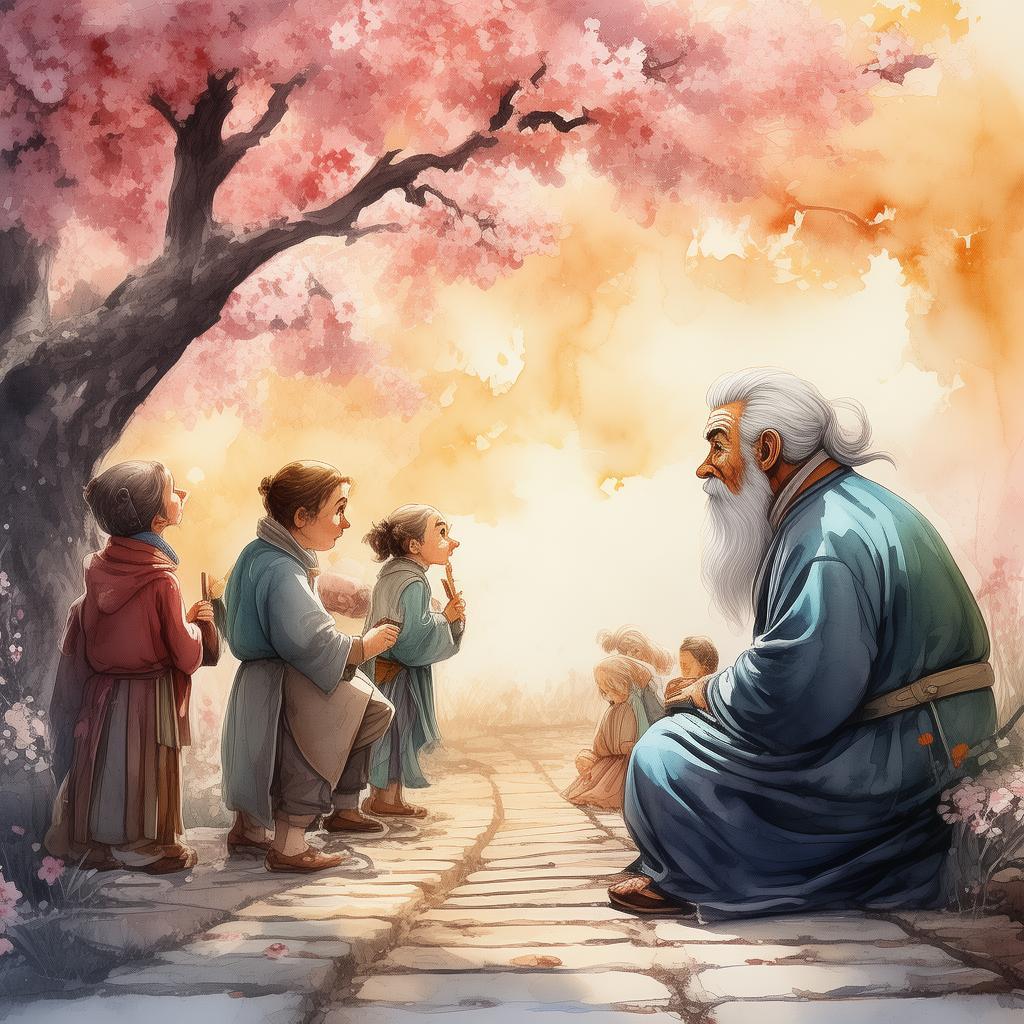Whispers of the Starlit Symphony: A Manager's Melody of Management and Misery
In the heart of a bustling city, where the stars seemed to twinkle with the promise of endless possibilities, there lived a man named Chen. He was a manager, a man who had built his career on the promise of harmony and order. His name was whispered in corridors and offices alike, a name that brought both respect and dread.
Chen was the master of the starlit symphony, a metaphor for the intricate dance of his management style. He believed that every employee was a note in his grand composition, and it was his job to ensure that each note played its part in the perfect harmony of the company. But as the story unfolded, it became clear that the melody of his management was not one of joy, but of a growing despair.
The story begins with Chen's rise to power. A young and ambitious man, he had worked his way up through the ranks, his dedication and strategic mind earning him a place at the helm of a successful company. He was a man of vision, a man who could see the potential in every project and the potential in every employee.
But as the years passed, Chen's vision began to blur. The once vibrant notes of his symphony started to sound discordant. The employees, once eager to contribute to the grand composition, now felt like they were being forced to play their parts, their individuality smothered by the oppressive hand of management.

One evening, as Chen sat in his office, the door opened to reveal a young employee, Li, a musician by passion. Li had come to Chen with a proposal, a proposal that could have changed the course of the company, but also the course of Chen's life.
"Manager Chen," Li began, his voice trembling with excitement, "I have a plan that could revolutionize our product line. It's innovative, it's groundbreaking, and it could put us ahead of our competitors."
Chen's eyes sparkled with the old fire of ambition. "Tell me more," he said, leaning forward in his chair.
But as Li spoke, Chen's mind wandered. He thought of the long hours, the sleepless nights, the constant pressure to maintain the illusion of harmony. He thought of the employees who had left, who had been driven away by the relentless pursuit of perfection.
As Li finished his presentation, Chen stood up, his face pale. "Thank you for your time, Li," he said, his voice hollow. "I think we'll need to discuss this further."
Li left the office, his heart heavy. He had seen the spark of potential in Chen's eyes, but now he saw only the darkness that had settled in the manager's soul.
Days turned into weeks, and Chen's management style became more oppressive. He demanded more from his employees, pushing them to the brink of exhaustion. The company's once vibrant culture began to fade, replaced by a pervasive sense of dread.
One night, as Chen sat alone in his office, the door opened again. This time, it was an older employee, Wang, a man who had been with the company since its inception.
"Manager Chen," Wang began, his voice steady, "I've been thinking about your management style. I think it's time for a change."
Chen looked up, surprised. "A change? What do you mean?"
Wang took a deep breath. "I think you need to let go of the illusion of control. You can't manage everyone and everything. Sometimes, you need to trust your team to do their jobs."
Chen's face turned red with anger. "Trust? You don't understand! This company is my baby! I built it from the ground up, and I won't let it fall apart!"
Wang sighed. "I understand your passion, Manager Chen, but sometimes passion can blind us to the truth. You need to let go of the past and embrace the future."
Chen stood up, his face contorted with rage. "You're fired!"
Wang nodded, his eyes filled with sadness. "I understand."
As Wang left the office, Chen sat down, his head in his hands. He realized that the melody of his management had become a haunting symphony of his own making. He had created a world of order, but at the cost of the very people who had made that order possible.
The next morning, Chen called a meeting. He stood in front of his team, his voice trembling.
"I've been thinking about my management style," he began. "I realize that I've been too controlling, too focused on the illusion of order. From now on, I want to trust you, to give you the freedom to do your jobs as you see fit."
The room fell silent. Chen looked around, seeing the relief and hope in his employees' eyes. He knew that the melody of his management was still discordant, but he also knew that it was time to start playing a new tune.
The story of Chen, the manager who had once believed in the power of harmony, had come to a turning point. The melody of his management had become a haunting symphony of his own making, but now, with a newfound understanding, he was ready to compose a new tune, one that would bring both order and joy to his team and to himself.
✨ Original Statement ✨
All articles published on this website (including but not limited to text, images, videos, and other content) are original or authorized for reposting and are protected by relevant laws. Without the explicit written permission of this website, no individual or organization may copy, modify, repost, or use the content for commercial purposes.
If you need to quote or cooperate, please contact this site for authorization. We reserve the right to pursue legal responsibility for any unauthorized use.
Hereby declared.
